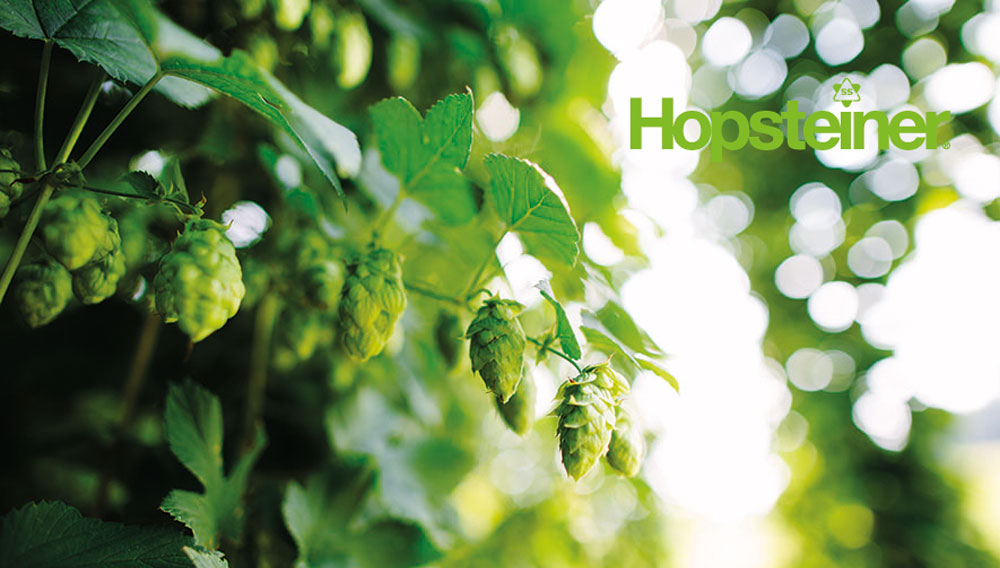The Importance of Genotyping Hops
Genotyping is the characterization of a hop variety by examination of its DNA sequences. This information is not only used in the Hopsteiner breeding program to select parents and evaluate seedlings, but molecular markers have immediate applications to quality control. For example, prior to propagation for planting a new ἀeld, the source material is tested for identity and purity by comparing its DNA ἀngerprints to an in-house database of molecular marker proἀles for refer-ence varieties. Until now, genotyping in hops, or other niche crops, lacked sufἀcient power, due to the small number of features measured in each assay and the considerable cost. Hopsteiner has solved this by applying Next Generation Sequencing (NGS) to hops, which increases the number and diversity of measured DNA features per assay -- far beyond what is required for routine genotyping.
Validated methods for application of NGS to hops, through genotyping-by-sequencing (GBS), were implemented to increase the depth of molecular ἀngerprinting by a factor of about 20X over other platforms, providing and unprecedented number (17,128) of novel molecular mark-ers for hops. The quality and utility of the new SNP markers was evaluated by monitoring the distribution and genetic segregation of markers in deἀned families and also by predicting com-monly known pedigrees from hierarchical cluster analyses of the novel ἀngerprint features. (Matthews and Pitra, 2013).
Read the complete article here!
Source
Simon H. Steiner, Hopfen, GmbH, Mainburg, Germany

